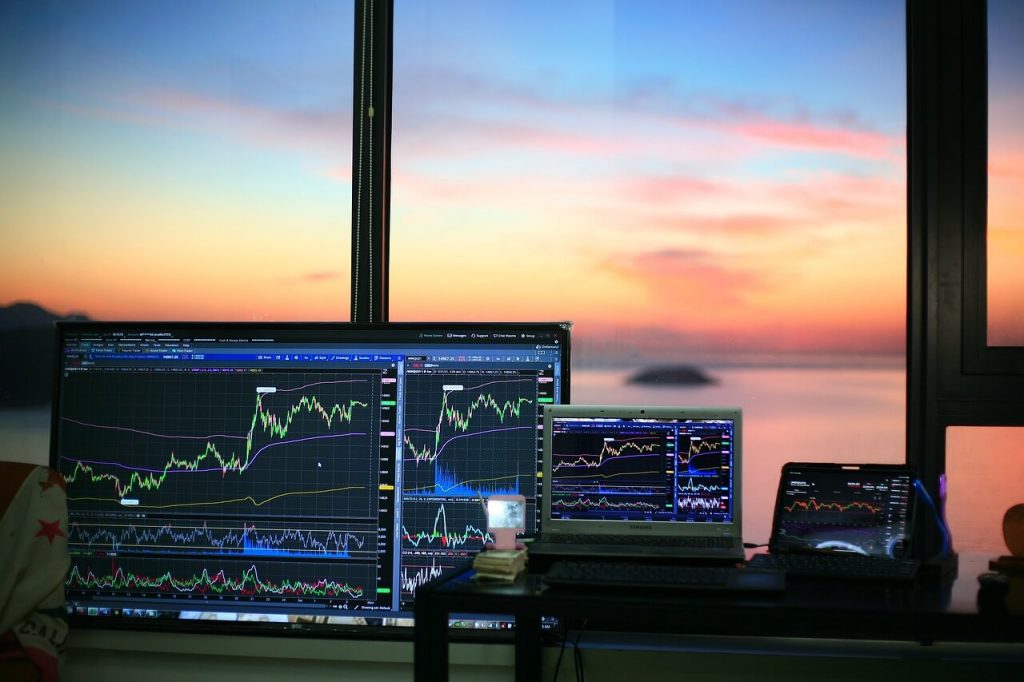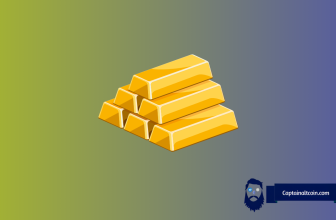
You may have heard expressions like ‘diamond hands,’ ‘hands of steel,’ ‘hodl,’ etc., among crypto enthusiasts. Those terms urge people to hold on to their desired coins even if the market is against them.
To be certain, holding cryptocurrencies for long periods has often proved to be very profitable. For example, imagine someone who bought one Bitcoin when it reached one dollar per BTC in 2011. If all he did were hold it for ten years without selling, he would now have about $63,000. That is a very remarkable year-to-date gain. No other asset can give you that return.
However, not everyone is that patient. Most people want to make profits on their crypto investments now. That is why many are interested in Day trading – the art of buying and selling crypto on the same day. Are you one of those people? If yes, this article is for you. You’ll learn the factors to consider when choosing your day-trading strategy. Let’s begin.
| Aspect | Details |
|---|---|
| 🔄 Day Trading | Buying and selling cryptocurrency within the same 24-hour period to make a profit. |
| 📜 Legal Status | Legal in the US and most countries, but gains and losses must be reported on tax returns. |
| 💹 Profitability and Risk | Can be profitable but comes with high risk due to cryptocurrency volatility. |
| 🚀 Starting Capital | Possible to start with as little as $1, but not recommended for beginners due to high risk. |
| 📈 Suitable Exchanges | Binance, Kraken, ByBit, Coinbase Advanced, MexC, OKX, Pionex, Phemex, etc., offering various features for traders. |
| 🔍 Trading Strategy | Requires monitoring market trends and quick execution of trades for profitability. |
First, we will explain why day-trading is.
What you'll learn 👉
WHAT IS DAY-TRADING

Day-trading is a trading strategy that leaves little time for waiting. It’s a familiar term in the financial markets in which assets are bought and sold back within the same day. It could be as fast as minutes or as long as hours, but it never exceeds a day.
It is favored by traders who have the time and energy to constantly monitor price charts and other indicators to determine the best time to enter or exit a market. There have been a lot of day-trading strategies over the years, and it’s usually best to try a few ones out to determine which one is best for you and up to your speed.
FACTORS TO CONSIDER WHEN TRADING ON THE SAME DAY
Day-traders ride on the volatility of crypto assets. When done properly, this volatility can be a source of significant gain. However, there are several factors to consider before choosing day-trading as a way of making a living. Some of them are:
Price Action
Price action refers to the up and down movements of cryptocurrency prices in a given time. It is one of the most popular variables that day-traders observe before entering and exiting a market.
Price action is plotted on a chart and can be analyzed using various chart settings. The most common among these are Japanese candlestick charts, line charts, and bar charts.
The basis behind using price action to forge and maintain strategies is that prices tend to follow a particular pattern if nothing drastic happens. Thus, different names have been given to those patterns.
Trends
This is another variable that should be considered when daytrading. It usually comes on the back of price actions and helps traders put meaning to the charts in front of them.
These trends have been given different names. There are ascending and descending triangles and wedges, bull and bear flags, ascending and descending channels, heads over shoulders or shoulders over heads, double tops or double bottoms, etc.,
Analyzing these trends can give a trader a good idea of the next price direction of an asset. That is what is known in the finance world as technical analysis.
For example, a bull flag is usually formed when an asset has seen a massive price increase and is now consolidating. In such cases, it might be an indication that more is yet to come and might be another opportunity for traders who missed out on the initial pump to get on that price action.
Coin Volume
It’s another indicator that is considered along with the price action of a coin. You can usually get this at the bottom of most trading charts today. It tells you if a recent price action is sustainable or not
To illustrate, if a coin starts surging in price and the volume also increases proportionally with it, it’s an indication that many people have started buying that coin. It may be because of recent news or may just be organic growth. In such a case, you can decide to enter the market as there is good reason to believe that the coin will still go up in value.
On the other hand, if a proportional increase in volume does not accompany the coin’s price increase, it means not many people are trading the coin at that point. The price action is thus unreliable, and it may be best to hold on and observe how things play out before entering the markets.
Fees you pay to exchanges
This is another critical thing to put in mind if you want to make a profit from day-trading. This is because day-traders are usually content with little profit on each trade since they enter and exit trades many times a day.
If care is not taken, though, your little gain will be swallowed up by the ‘negligible’ fees you pay to exchanges for trading. Let us take daytrading on Binance exchange as an example
On Binance, the trading fee for the lowest level(VIP 0) is 0.1% for maker and taker orders. This means that if you enter a trade with 1000 dollars, you would be charged 1 dollar for entering the trade and 1 dollar for exiting. That’s a total of 2 dollars as the fee.
Therefore, you have to put this in mind as you enter and exit trades. If you want to make 2 dollars profit on every 1000 dollar trade, you have to make a 4 dollar price gain on an asset before you exit the trade.
Check out our reviews on crypto exchanges that can be good for day trading:
FREQUENTLY ASKED QUESTIONS
CONCLUSION
Daytrading can be very profitable. To make a success of it, though, you need to identify what strategy works for you and stick to it. Also, you should be disciplined enough to know when to enter and exit a trade. Above all, keep in mind that you can lose everything within an instant, so only trade with money you’re prepared to lose.





